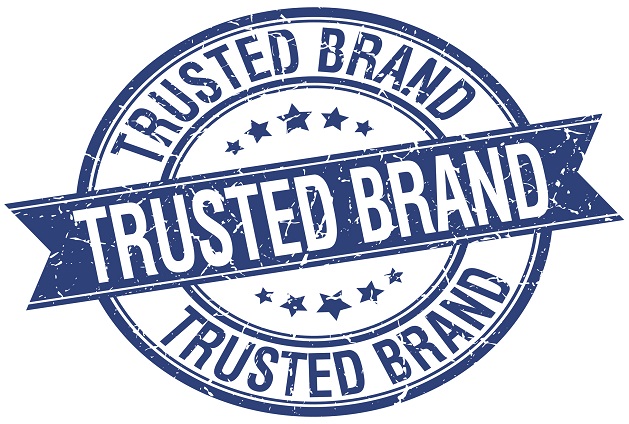
We’ve all seen how important online reviews were for businesses in 2017, and know how horrifying it can be when you put your business out there hoping to hear the best, and instead receive negativity.
A shocking 97% of consumers are browsing for local businesses and reading online reviews, with these reviews impacting nearly 70% of purchasing decisions. The last thing you should be doing is sitting back, relaxing, letting the reviews flow in and focusing on other parts of your business.
However, it also needs to be said that freaking out about every bad review is not the best path to go down either. So, what do you do to regain your reputation when reviews go sour?
It’s Not So Bad
Let’s start off with another statistic: 77% of consumers don’t pay attention to reviews older than three months.
Breathing a little better now? While it is a wait period, if you’re actively monitoring your reviews, taking in constructive criticism, and responding professionally to non-constructive criticism, there’s a good chance that you’ll be able to ride this out.
Negative reviews can happen for a lot of reasons. You could be dealing with a competitor sending fake reviews your way, you could have had a difficult customer who just can’t be satisfied, or you made a mistake. In all of these cases—it’s not so bad. There are ways to deal, and to recover.
Keep up Communication
If you launched your business, immediately opened it up for reviews, and then got inundated with all that comes along with launching a business, don’t be surprised if your reviews are less than kind.
Lots of us have been there—you haven’t looked in a while, and when you do, you get that sick feeling in your stomach.
First: You can’t go back. If you have yet to build your online presence and open yourself up to reviews, hold off until you’re a bit more established.
If not… get communicating! A review without a response is a missed opportunity.
You Can Improve
It’s easy as a business owner to become protective over your company and believe that it can do no wrong. But this is absolutely never the case.
As humans, we make mistakes. As humans, what one of us likes is not always what another one of us will like. You’re always going to have unhappy customers, and opening yourself up to their criticism will only make you and your business better.
This Too Shall Pass
A good mantra for anyone dealing with review stress is: “This too shall pass”.
Online reviews are important, and yes, they will be there forever. But the more time goes by, the less those few bad ones are going to matter.
And best of all, now you have a public record of just how far you’ve come!









